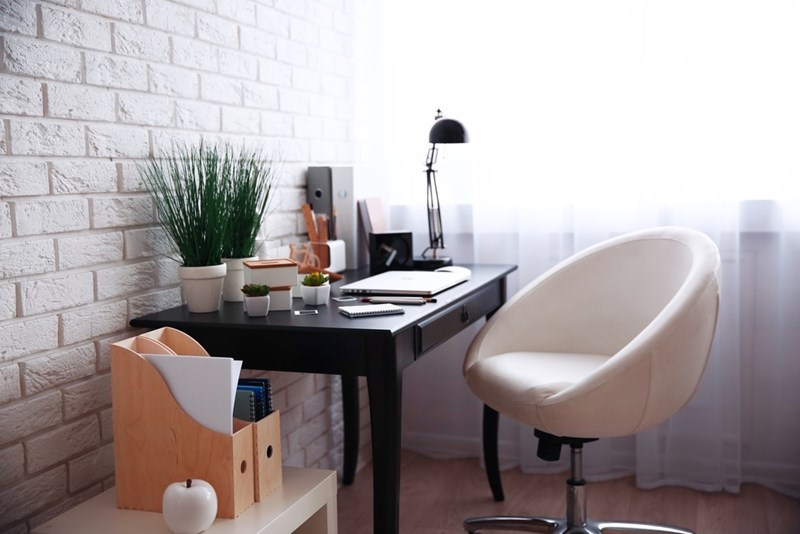- Technology is a great tool and there are a never-ending array of new methods to improve efficiency. For example, video conferencing tools such as Skype can reduce meeting times as there is no need to travel.
- Emails can decrease your efficiency therefore either check and respond to them for set amounts of time throughout the day or outsource email management to a professional assistant.
- Separate your inboxes. If you have regular contact with certain people, then create an inbox for each.
- Sort your mail. It is easy to read an email and then forget about it. Sort it as soon as you receive it – to act, to read, to file or to delegate.
- Create a workflow for tasks. Once a task arises, ensure you follow a set procedure.
- Store reference materials online for future use. This will make it easier for not only yourself, but for colleagues to access any online reports or research.
- Have regular breaks – this will improve focus and efficiency.
- Walk around the office every so-often. This will the promote blood flow around your body.
- Boost morale by sharing team objectives and goals.
- Use common terminology. This will help to create a shared culture within your team.
- Act on your phone messages promptly. Smaller tasks can mount quickly, decreasing your efficiency for the rest of the day.
- Organise your tasks each day, starting with the higher priority tasks.
- Keep to the schedule of your meetings. Once a meeting over-runs, it can impact on the rest of your colleagues’ and your own day.
- De-clutter your office - if you don’t use something regularly then you are unlikely to need it.
- Put all items back where they belong.
- Organise your own desk. You will feel more productive.
- At the end of each day, organise your desk again, ready for the start of the next day.
- Before you leave the office, write a to-do list for the next day whilst all your tasks are still at the forefront or your mind. You will also find it easier to relax when you get home.
- Establish “work zones” for different types of activities.
- Create a meeting folder, separating “items to be discussed”, reports that are due and items that need to be handed out.
- Create a “waiting on response” folder for items that cannot be completed until someone else responds or acts. Check every this few days for anything that needs to be followed-up.
- Create a “reading folder” for reports and research you want to read but are not urgent
21 December 2020
